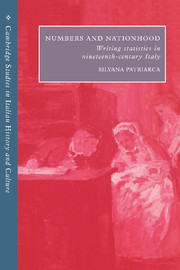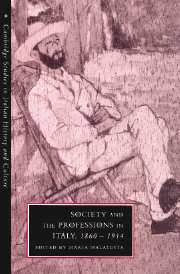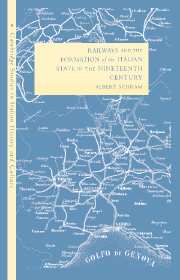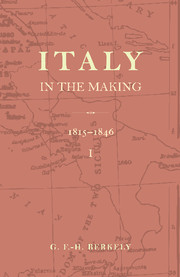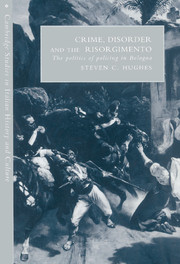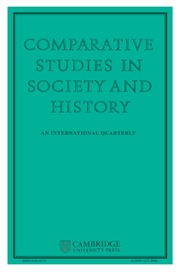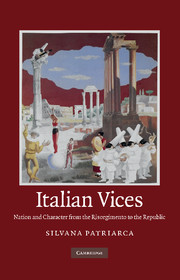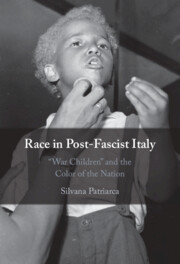Numbers and Nationhood
Numbers and Nationhood, first published in 1996, explores the Italian inflection of a Europe-wide phenomenon in the nineteenth century: the rise of statistics as a mode of representation in society. Silvana Patriarca examines the ideologies which informed the copious statistical literature produced between the 1820s, when statistical publications began to proliferate in the Italian states, and the 1870s, when a unified Italy entered a fully positivistic era. Her innovative study illuminates the relationship between the needs of an emerging nation and the uses to which statistics were put, generating a long-lasting image of Italy which nevertheless accentuated its internal territorial divisions. By examining the power of numerical representations, Numbers and Nationhood provides a fresh reading of the historiography of Risorgimento Italy and of positivism, bringing to the fore issues of science, ideology, and representation.
- Gives a fresh look at Risorgimento Italy by examining issues of representation and national image
- Combines sociopolitical history and textual analysis of statistics
- Stresses the relations between politics and the 'objectifying power' of statistics
Reviews & endorsements
"Patriarca's book makes a fine and useful contribution to scholarly understanding of the development of statistics in the political world of unifying and unified Italy." Carl Ipsen, American Historical Review
"...impressive integration of intellectual, administrative, and political history..." Libby Schweber, Jrnl of Interdisciplinary History
"Silvan Patriarca's Numbers and Nationhood is an important contribution to a dynamic and growing literature on the history of European statistical writings in the modern period. The great virtue of Patriarca's work is thus to illustrate the variety of ideological positions that oriented themselves around statistical portraits of the Italian nation in the nineteenth century, remaining ever attentive to the complexity of that elusive nexus between knowledge and power in the modern world." Joshua Cole, Journal of Modern History
Product details
November 1996Hardback
9780521462969
296 pages
229 × 152 × 21 mm
0.61kg
Available
Table of Contents
- 1. Introduction: the history of statistics between state making and objectifications
- 2. A science for 'civilized' countries: practitioners, audiences and theories of statistics, 1820s–50s
- 3. Statistical description: between epistemology and politics
- 4. Making public numbers: official statistics in the pre-unification monarchies
- 5. Building the nation's body: 'patriotic statistics' representation of Italy
- 6. The identity of the Italians, or the ambiguities of moral statistics
- 7. Representing the new nation (1861–71)
- 8. A nation of Communes in a Europe of nationalities: the statistical Congress of Florence
- Epilogue: measurable and unmeasurable things.

